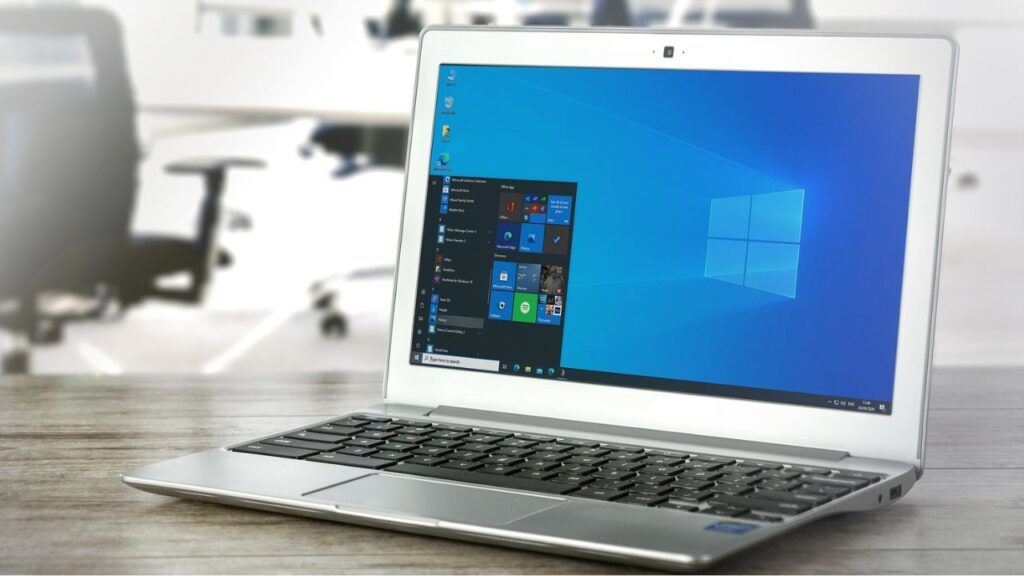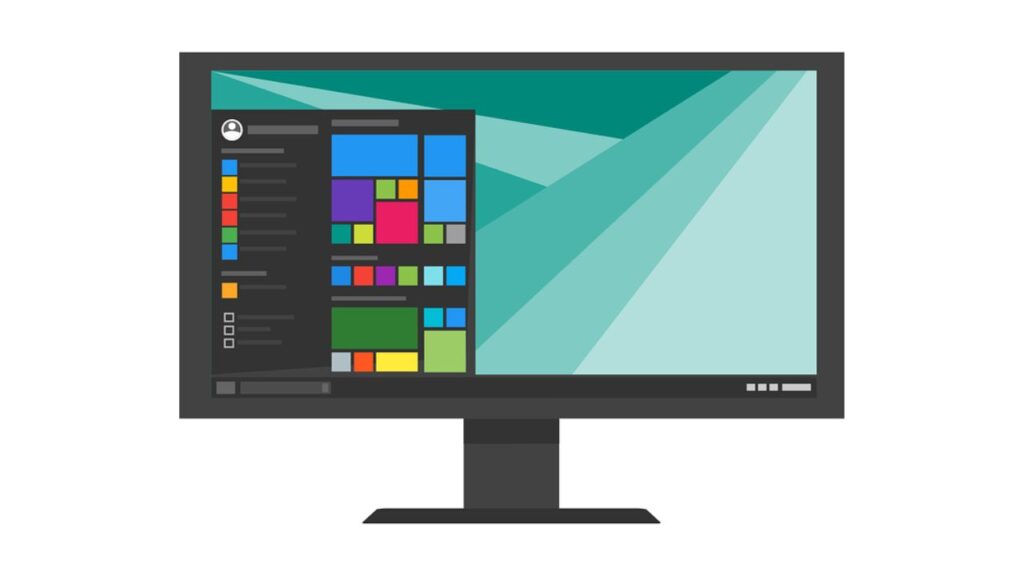Are you curious about what makes an operating system a vital part of any computer? Why can’t any computer function without an operating system?
Well, you will learn the role of the operating system in the computer. But before learning why a computer operating system is indispensable, let’s learn what it actually is.
An operating system is software that serves as an interface or communication bridge between a computer’s hardware and the user. Its purpose is to provide a platform on which users can execute varied programs seamlessly and efficiently.
Since every computer needs an operating system, its market size is expected to reach $50.69 billion in 2028.
[PS: Also check out our list of the Top 10 Fastest Operating Systems for Laptops]
Role of the Operating System in a Computer
Now, let’s discuss the important part of this article, i.e., the role of an operating system in a computer.
1) Memory Management
Here, memory management means the operating system managing the main memory, also known as the primary memory of a computer. Made up of bytes, the main memory is a quick storage area, and the CPU can directly access it.
Any program looking forward to being executed should first be loaded into the primary memory.
When any program is executed, it frees up the space in the main memory, which other programs can further use. The main memory can hold more than one program at a time. Therefore, it’s crucial to manage the primary memory.
An operating system manages the memory by efficiently allocating and deallocating it to different programs and processes. It keeps a record of which programs use which and how many bytes or words are being used.
Moreover, in multi-programming and multiprocessing, the operating system determines which programs and processes can access the memory and for how long.
2) Process Management
Each software running on the computer’s background or front-end is considered a process. Furthermore, each process can access the processor or CPU. Another vital role of an operating system is to manage these processes and their processing time. It includes starting and stopping programs, resource allocation, and memory usage management.
So, how does the operating system manage processes and processors?
A processor assigns every process a specific amount of time, known as a quantum. Once a process has utilized its quantum, the OS will interrupt the processors and provide another waiting process for the specific quantum. Overall, the operating system ensures each process receives a fair share of processor’s (CPU) time.
Here are some tasks that an operating system does to manage processes and processors:
- Allocate and deallocate the CPU to varied processes.
- Synchronize processes by offering mechanisms.
- Maintains a record of processor status.
- Aids in-process communication.
3) Device Management
The operating system fulfills a vital role in managing devices that are connected to a computer. These devices can include a mouse, printer, keyboard, speakers, etc.
How does the OS manage these devices? It utilizes respective drivers to manage device communication by performing the following activities:
- Maintains a record of all devices connected to your computer.
- Assigns a program known as an Input or Output Controller for each device to control how these input and output devices work.
- Determines which process can access what device and for how long.
- Allocates memory to each device and manages storage devices.
- Allocates devices efficiently and deallocates the ones that are no longer needed.
- Receives requests from each connected device to perform certain tasks and communicate back to the same request.
4) File Management
A file system is composed of directories for easy and efficient navigation and usage. The primary role of the operating system is to manage these directories (files and folders) on a computer.
The following are the tasks of an operating system with respect to file management:
- Keeping track of each file’s location and status.
- Creating, opening, editing, updating, transferring, closing, and deleting a file.
- Organizing the files and folders on the disk.
- Maintaining the integrity of data stored in different files or folders.
- Allocating and deallocating resources to the files and folders.
- Determining which and how much resource will be assigned to which file or folder.
5) Job Accounting
Another feature that almost every operating system facilitates is job accounting. With this feature, the OS tracks how the computer’s resources are being utilized. This information aids in identifying and troubleshooting any performance-related issues and pinpointing unauthorized software installations.
The operating system maintains a record of which users, tasks, and processes use which and how many resources. It further uses this information for multiple purposes, such as keeping track of system usage, billing users for their resource utilization, and informing system administrators about problem-causing users and processes.
Below are some key tasks that the operating system facilitates via job accounting:
- Keeping tabs on all the activities and processes taking place on the computer.
- Maintaining records of information related to memory, resources, errors, etc.
- Swapping programs in and out of the memory.
- Keep tabs on memory used by users, processes, and tasks and assign memory to them accordingly.
- Creating a file system to organize files, folders, and directories.
- Opening, closing, and writing to peripheral devices.
6) Controlling System’s Performance
Another vital role that an operating system is designed to play in computers is controlling and optimizing their performance. It serves as an intermediary between software and hardware, ensuring optimal utilization of resources.
As discussed, the operating system is responsible for allocating the CPU’s memory, time, and input or output devices to different processes, aiming to provide fair and efficient resource allocation.
7) Booting the Computer
Booting is referred to as the process of starting or restarting the device. It can be categorized into two- cold booting and warm booting.
Cold booting is when a computer is totally switched off and then turned on. On the other hand, warm booting is when a computer is restarted. An operating system is responsible for booting the computer.
Bottom Line
The operating system plays a crucial role in computers and performs various functions to make it easier and more convenient to run the system.
From determining how user-friendly will be the system’s user interface to booting the computer, managing the device, file system, resources, and processes, controlling the system’s performance, and accounting jobs, an operating system can do much more for a computer.
So, when picking any computer, regardless of its use, consider its operating system as a vital factor.




